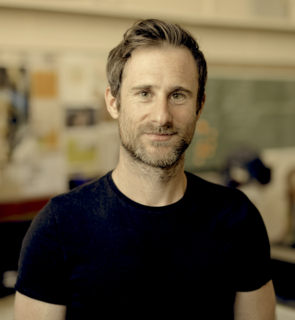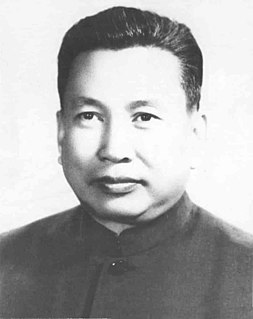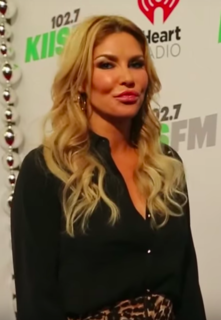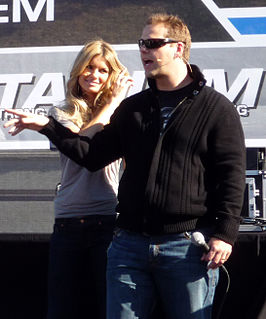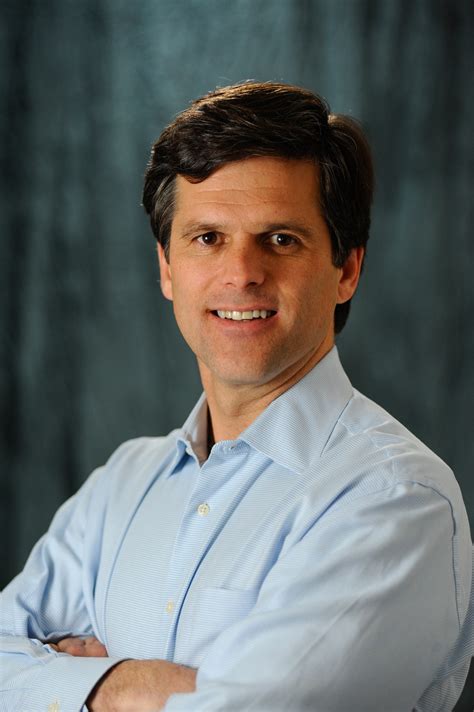A Quote by Jessica Long
Sometimes people look at people with disabilities and there's a moment where they just feel sorry for them.
Related Quotes
Sorry means you feel the pulse of other people's pain as well as your own, and saying it means you take a share of it. And so it binds us together, makes us trodden and sodden as one another. Sorry is a lot of things. It's a hole refilled. A debt repaid. Sorry is the wake of misdeed. It's the crippling ripple of consequence. Sorry is sadness, just as knowing is sadness. Sorry is sometimes self-pity. But Sorry, really, is not about you. It's theirs to take or leave.
I may not know the weight of those things, but I could feel the weight of that one, so I kept it to myself. You know that things aren't going well for you when you can't even tell people the simplest fact about your life, just because they'll presume you're asking them to feel sorry for you. I suppose it's why you feel so far away from everyone, in the end; anything you can think of to tell them just ends up making them feel terrible.
When I am introduced as someone from New Orleans, people sometimes say: "I'm so sorry." New Orleans. I'm so sorry. That's not the way it was before,not the way it's supposed to be. When people find out you're from New Orleans, they're supposed to tell you about how they got drunk there once, or fell in love there, or first heard the music there that changed their lives. At worst people would say: "I've always wanted to go there." But now, it's just: "I'm sorry." Man, that kills me. That just kills me.
Kids coming from very difficult economic circumstances in urban areas are in some ways discriminated against in ways that are similar to the way people with intellectual disabilities are discriminated against. People are afraid of them. People sometimes assume that they don't have skills, gifts or abilities to contribute.
Part of the problem with the word 'disabilities' is that it immediately suggests an inability to see or hear or walk or do other things that many of us take for granted. But what of people who can't feel? Or talk about their feelings? Or manage their feelings in constructive ways? What of people who aren't able to form close and strong relationships? And people who cannot find fulfillment in their lives, or those who have lost hope, who live in disappointment and bitterness and find in life no joy, no love? These, it seems to me, are the real disabilities.



